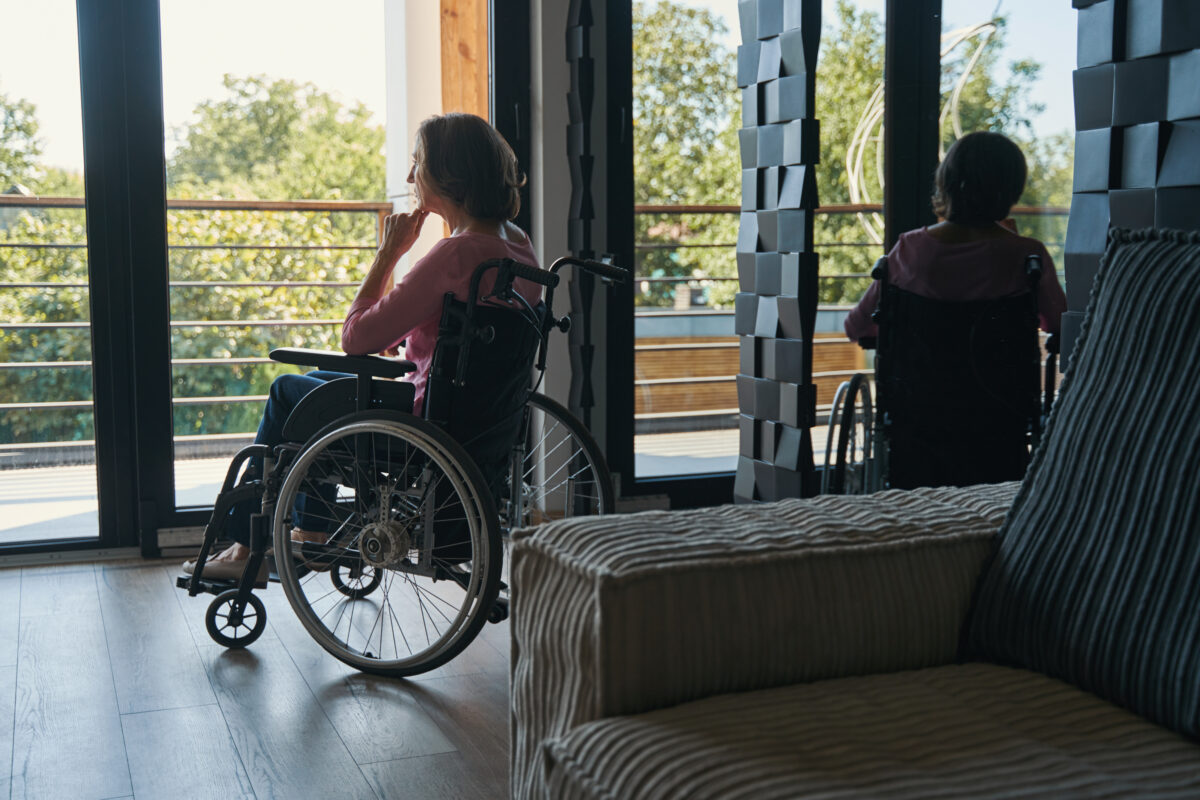An estimated 61 million adults live with a disability in the United States. Due to their disability, many of those people are at risk for abuse, violence, or sexual violence. The Department of Justice states that those living with a disability are three times more likely to be abused than other populations.
Abuse towards those with disabilities is widely varied
People with disabilities face a wide array of abuse from others, including caregivers and intimate partners. This abuse includes, but is not limited to:
- Invalidating a disability or referring to the person as a faker.
- The exploitation of the disabled person by stealing from them or withholding social security checks.
- Verbal or mental abuse.
- Using the disability as a way of humiliating the person.
- Refusing to assist the person complete personal care or activities for daily living.
- Withholding or intentionally giving the wrong dosage or mixing medications incorrectly.
- Withholding or damaging assistive devices.
- False imprisonment.
- Threatening to divulge a disability to others.
Women with disabilities face violence much more than their non-disabled counterparts. In addition, those with disabilities face a more significant challenge in receiving assistance when faced with abuse.
Intimate partner violence and domestic violence affect all races and genders. According to the CDC, 1 in every 4 women and 1 in every 5 men living with a disability have an increased risk of suffering from sexual or intimate partner violence. A couple doesn’t need to live together for intimate partner violence to occur.
Abuse leads to a barrier for those seeking assistance
The barriers disabled people face when seeking assistance or services are many. People with disabilities have limited resources, cannot seek help independently, are unaware of services, or information is not distributed with the disabled population in mind.
Disabled victims may also be reluctant to report a crime since they may rely on their abusers for financial assistance or care. They may lose their caregiver, support, and perceived independence if they report the abuse. This leaves them vulnerable to institutionalization since they may need assistance to live independently. Police response involving domestic violence may be limited due to various circumstances, including a lack of disability awareness training.
People also are concerned about going to the police due to fear of retribution, privacy, and discrimination. Disabled victims may also be reluctant to report abuse since they face a greater chance of losing child custody if they are perceived as unable to care for their children independently.
Delta Center is here to help advocate for the safety of those living with a disability
At Delta Center, we care about the well-being and safety of those living with disabilities. Our services are always free, and we work hard to ensure that the rights of people are disabilities are advocated for and met. This includes working with local and federal governments to recognize and protect those facing domestic and intimate partner abuse.
You aren’t alone if you or a loved one are experiencing abuse.
Many resources, like the National Domestic Violence Hotline, educate about the signs of abuse and offer 24/7 support both online and over the phone. And as always, Delta Center is here to provide you with the confidential resources you need when you need them.

